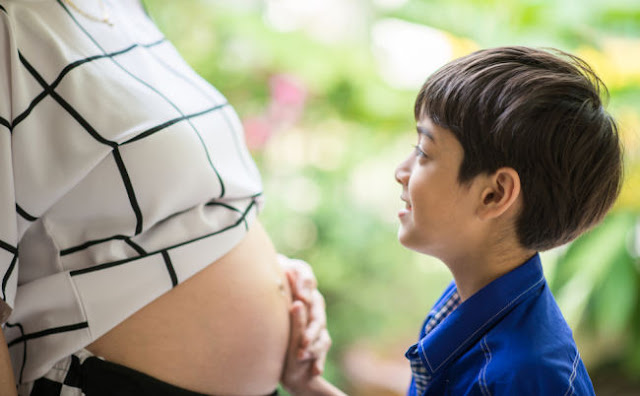Treatment of Mumps in Children at Home
Mumps is a contagious disease that often attacks children. Parents need to know the right way of care so that mumps in children can be overcome quickly.
Mumps is caused by a viral infection of the paramyxovirus family. This virus can be spread by spitting saliva and snot when mumps or sneezing mumps. The use of cutlery that has been contaminated with a virus can also transmit mumps. Children with weak or moderate immune systems are more susceptible to mumps.
Symptoms of Mumps in Children
Generally the symptoms of mumps only appear two weeks after the child is exposed to the virus. Symptoms of this disease vary, but the typical is the occurrence of swelling of the salivary glands, both on one or both sides of the face. Other symptoms that may also be felt by the child during mumps, include:- Fatigue
- Aches
- Headache
- High fever
- Loss of appetite
- Mouth feels dry
- Pain when chewing or swallowing food
- Stomach ache
Home Care for Children with Mumps
Mumps generally will heal by itself after the child's immune system successfully fight the virus that causes infection. The administration of drugs is only to treat symptoms, such as paracetamol to relieve symptoms of fever and pain. Here are some other steps that can be done to relieve symptoms and pain experienced by children while mumps, namely:- Make sure children consume lots of water. The goal is to prevent dehydration due to fever.
- Compress the swollen gland area with a warm compress or cold compress to relieve pain.
- Make sure the child gets enough rest.
- Give children food that is soft and easy to swallow, such as porridge or soup.
- Avoid giving children sour foods or drinks, such as orange juice, lemon, or pineapple, because it can make it more painful.




Komentar
Posting Komentar